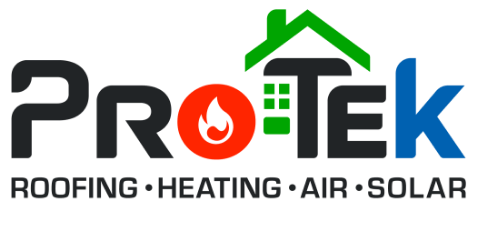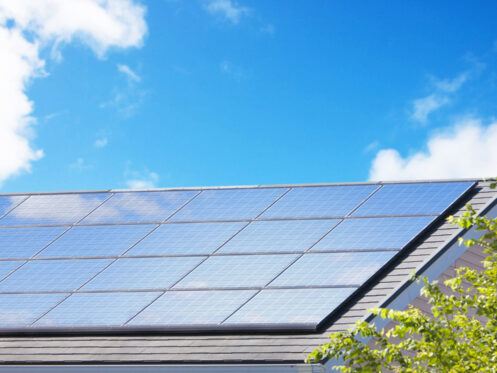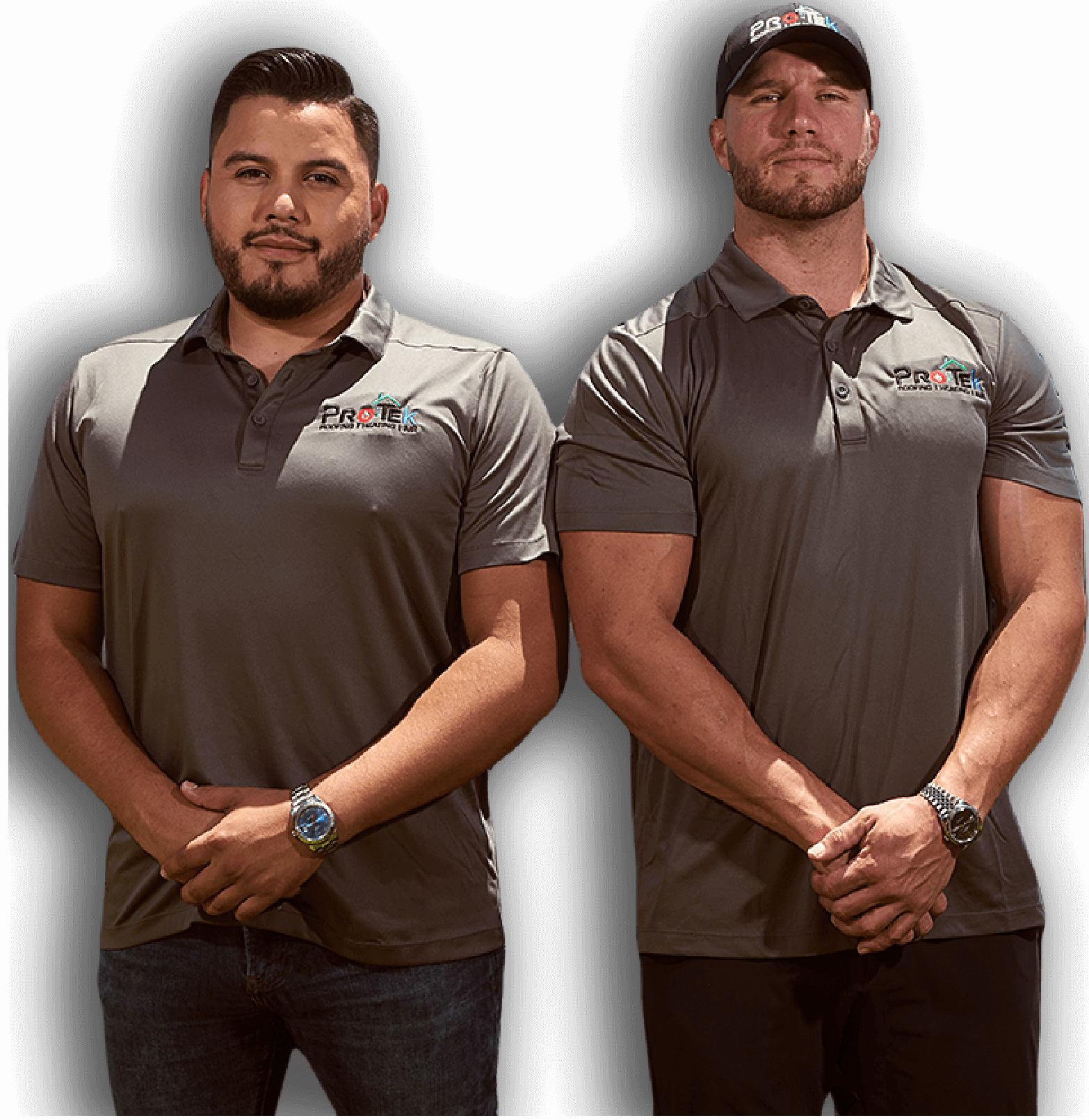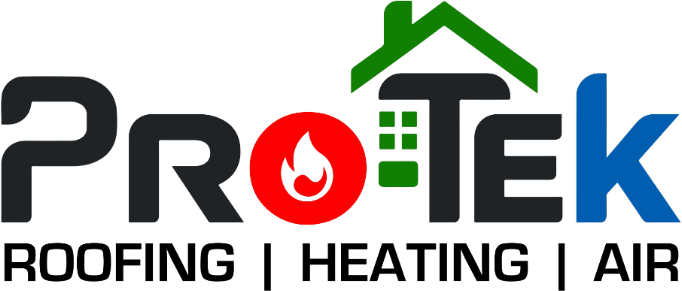Since 2008, the United States has seen a significant increase in residential solar panel installations. It has been a progressive trend that has helped homeowners achieve a lower carbon footprint. Fortunately, as technology advances, the costs of going solar have decreased each year. There are many ways to go solar, and each home requires a unique approach to the process.
How Does Solar Energy Work?
When it comes to harnessing solar power, there are two primary technologies that turn the sun’s energy into electricity.
Photovoltaics (PV)
Photovoltaics, or PV, is a technology that most people are familiar with. It consists of panels that are usually placed on rooftops or in fields. These panels receive sunlight and absorb photons. This effect generates an electric field that expands through the layers of the panels and allows the flow of electricity.
Concentrating Solar Power (CSP)
The other technology used to create energy is concentrating solar power or CSP. This method is often used in large power plants and is usually not seen in residential structures. This technology utilizes mirrors that reflect and concentrate sunbeams, which transfer to receivers. The solar energy is collected and turned into heat that can generate electricity.
How Do I Know if My Home Is Appropriate for Solar Panels?
Most homes are suitable for solar panels, but there are some exceptions. For example, if your home has an old rooftop that cannot support the panels, you may have to find another alternative. In addition, if your rooftop is completely covered by trees, the excessive shade will create a challenge.
For a successful installation, the shape, angle, and size of your rooftop must be considered. Generally, solar panels work optimally on roofs that face the south. An ideal rooftop angle is between 15 to 40 degrees, but other roof angles may also work with modifications. The roof’s age and the possible need for a replacement in the near future should also be considered before committing to solar panels.
An experienced solar professional will perform a specialized assessment to determine if your home is suitable for solar panels. If your home won’t support solar panels or you rent your property, look into community solar installations as a possible option.
How Much Electrical Power Can Be Generated With Solar Panels?
A tool developed by the National Renewable Energy Laboratory (NREL) measures the amount of electrical power generated by solar panels. It is called PVWatts®, and it estimates the energy production of PV energy systems connected to the grid. This tool is utilized to assess any address worldwide.
PVWatts® can help homeowners and solar companies determine an accurate estimate of the potential performance of PV installations. It can also compare the cost of solar power versus electrical utility expenses for a particular property.
To analyze the data, PVWatts® bases its assessment on the size of an average system, which is 7.15 kilowatts of direct current along with a range of 3-11 kilowatts. This is plenty of energy to power an average home in the United States.
Saving Money by Going Solar
Besides helping the environment, one of the most significant advantages of going solar is saving money over time. The amount you save will depend on how much electricity is required to run your home, your solar system’s size, if you lease or purchase your system, and how much solar energy you are able to receive on the angle of your rooftop.
In addition, your savings depends on the electricity rates set by your local utility company. As you calculate your savings, you will need to find out how much your local utility company compensates homeowners for sending excess solar power back to the grid. A great resource of information is the National Utility Rate Database, which details the electricity rates where you live.
In various cities in the United States, the cost of solar power is competitive with the electrical power sold by local utility companies. Since 2009, the price of adopting a home solar system has decreased each year. This trend is expected to continue. Both solar panels and installations are becoming more accessible for multiple budgets.
How Does Going Solar Influence My Home’s Resale Value?
In addition to other benefits, a notable advantage of going solar is that it will generally increase the value of your home. Solar panels are viewed as upgrades, similar to a renovated kitchen or a finished basement.
Home buyers are often willing to pay approximately $15,000 more for a home with an average-sized solar installation. Plus, research shows that homes with solar panels sell faster than those that don’t use solar power. By using the PV Value® tool, home sellers and buyers can calculate the value of energy production for a particular PV system. This calculation is compliant with and endorsed by the Appraisal Institute. It is recommended that the appraiser you choose uses this tool to find the most accurate estimate of your home’s value.
Do I Have to Change the Aesthetics of My Home to Go Solar?
Yes, your home will appear different once you adopt a solar system. However, there are solar panels that match the surroundings of your home for a seamless look. Graphical layers on solar panels allow homeowners to coordinate them to their roofs. Your solar company will be able to explore all options with you and provide you with an idea of what to expect from the appearance of your new solar system before installation.
How to Start the Process of Going Solar
Once you decide to go solar, start by selecting a trusted solar provider in your area. When choosing a solar company, read customer reviews to ensure they have a solid reputation in your community.
There are also co-ops and “Solarize” campaigns designed to help homeowners get started with the process of going solar. It is a great way to work collectively with other homeowners in your area to select an installer and generate community interest.
Choose a Trusted Solar Professional
To start your solar journey, contact a local company specializing in PV systems. At Protek Roofing, Heating, Air & Solar, we have helped homeowners in Tampa and the surrounding communities go solar by providing the most technologically advanced options available. Our team has experience working with homes of all types. Our mission is to provide a customized approach that allows homeowners to choose the best solar panel system for their unique needs.
In addition to solar installations, Protek Roofing, Heating, Air & Solar specializes in HVAC installation, repair, and maintenance; indoor air quality (IAQ) solutions; and roof inspection, repair, and replacement. We provide the quality care your home deserves, all from a reliable team of experienced professionals.
Going solar at home is a smart, savvy investment that will pay off substantially over time. By working with us, you can be sure that your solar installation is properly performed and the work is guaranteed. To explore your options for going solar, call Protek Roofing, Heating, Air & Solar today for a consultation!




